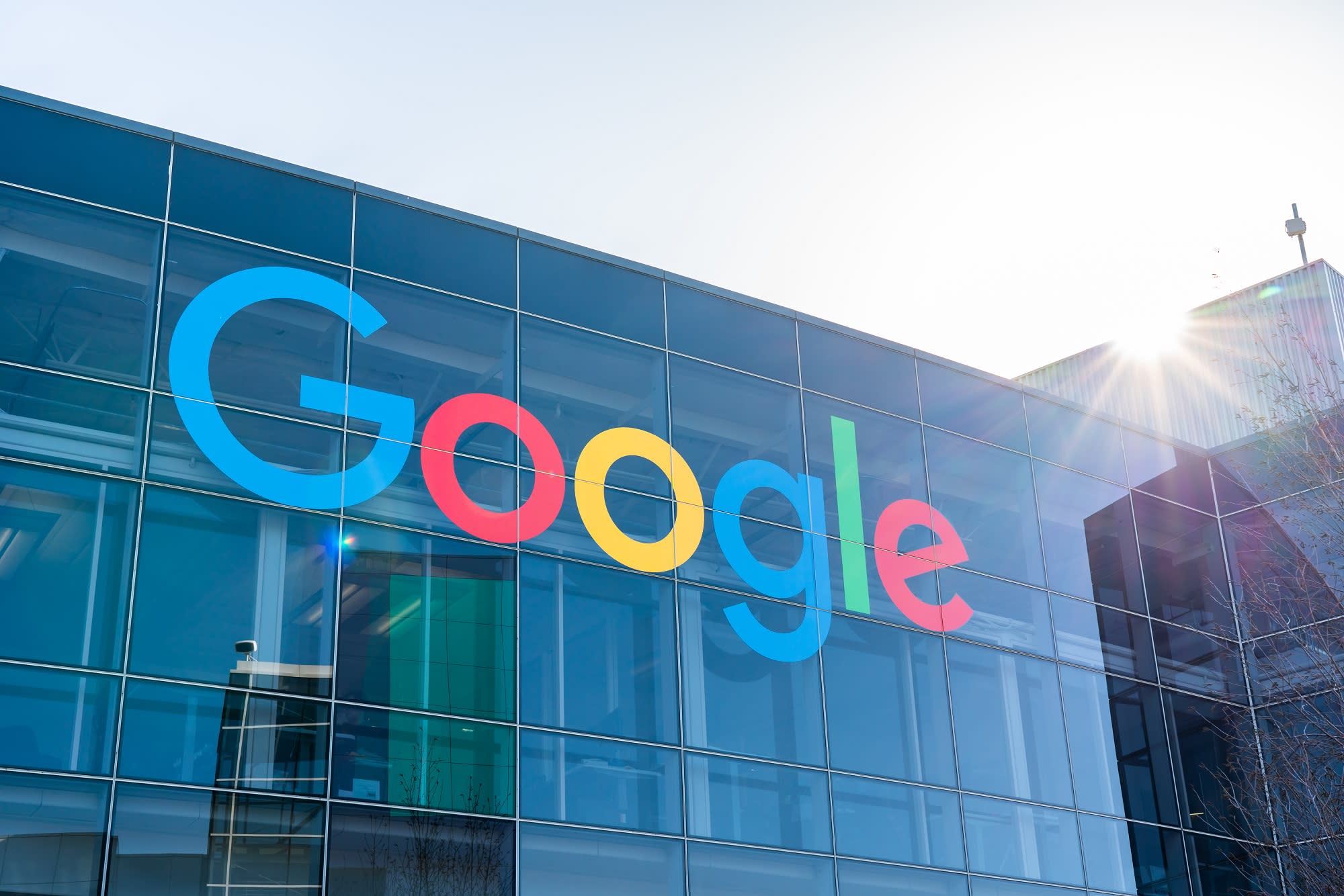Google launches knowledge panels in search results to tackle misinformation about Covid vaccines

American multinational technology company Google logo seen at Googleplex, the corporate headquarters complex of Google and its parent company Alphabet Inc.
Alex Tai | SOPA Images | LightRocket | Getty Images
LONDON — Google on Thursday rolled out new information panels in search results aimed at countering false claims about the coronavirus vaccines.
The internet giant said in a blog post that the feature would launch first in the U.K., which has begun vaccinating people with the Covid-19 vaccine developed by Pfizer and BioNTech.
The feature will be rolled out to other countries once they’ve begun approving vaccines.
Google has been updating its platforms for several months, with features showing Covid-related data from governments and health authorities like the World Health Organization and Centers for Disease Control, in a bid to tackle misinformation about the virus.
Its YouTube video-sharing service first launched so-called knowledge panels on the virus back in March, and it says they have been viewed 400 billion times. YouTube also updated its policies in October to remove videos containing false claims about coronavirus vaccines.
A screenshot showing Google’s new knowledge panels on search results about coronavirus vaccines.
Ryan Browne | CNBC
It’s not clear how effective information panels are in preventing internet users from believing coronavirus misinformation. Bogus conspiracy theories about the disease have spread like wildfire on social media platforms this year.
Tackling misinformation about the vaccines is going to be mammoth task for tech giants like Google, Facebook and Twitter, as governments globally look to start immunizing people against the disease.
Last week, Facebook said it would start removing false claims about Covid vaccines, which is part of its policy on posts that could lead to “imminent physical harm.” Twitter hasn’t yet said whether it will ban such posts.
Aside from introducing new features, Google also said Thursday that it would provide $1.5 million to fund fact-checking research and the creation of a hub for journalists to help them access “scientific expertise and research updates” on vaccines.
*** This article has been archived for your research. The original version from CNBC can be found here ***


